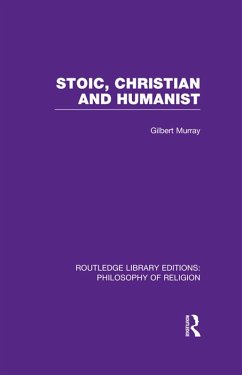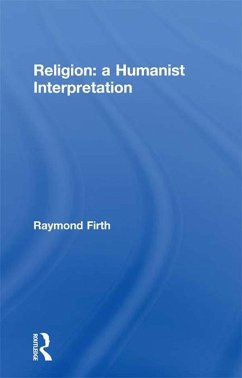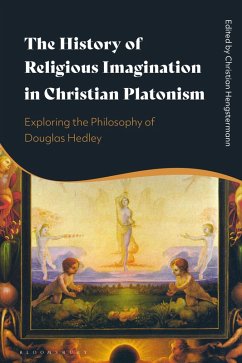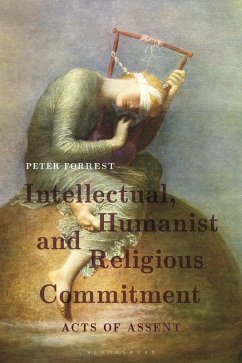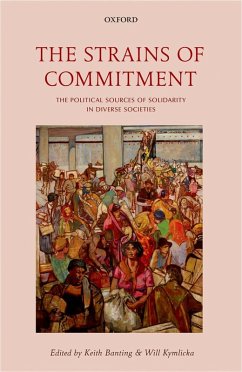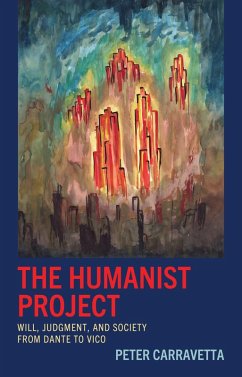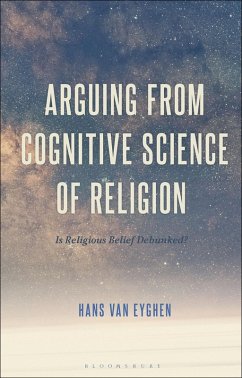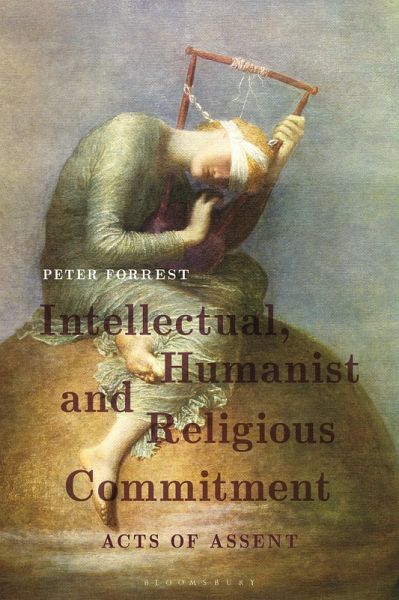
Intellectual, Humanist and Religious Commitment (eBook, ePUB)
Acts of Assent

PAYBACK Punkte
13 °P sammeln!
This book offers a rigorous analysis of why commitment matters and the challenges it presents to a range of believers. Peter Forrest treats commitment as a response to lost innocence. He considers the intellectual consequences of this by demonstrating why, for example, we should not believe in angels. He then explores why humans are attached to reason and to humanism, recognising the different commitments made by theist and non-theist humanists. Finally, he analyses religious faith, specifically fideism, defining it by way of contrast to Descartes, Pascal and William James, as well as contempo...
This book offers a rigorous analysis of why commitment matters and the challenges it presents to a range of believers. Peter Forrest treats commitment as a response to lost innocence. He considers the intellectual consequences of this by demonstrating why, for example, we should not believe in angels. He then explores why humans are attached to reason and to humanism, recognising the different commitments made by theist and non-theist humanists. Finally, he analyses religious faith, specifically fideism, defining it by way of contrast to Descartes, Pascal and William James, as well as contemporary philosophers including John Schellenberg and Lara Buchak. Of particular interest to scholars working on the philosophy of religion, the book makes the case both for and against committing to God, recognising that God's divine character sets up an emotional rather than an intellectual barrier to commitment to worship.




